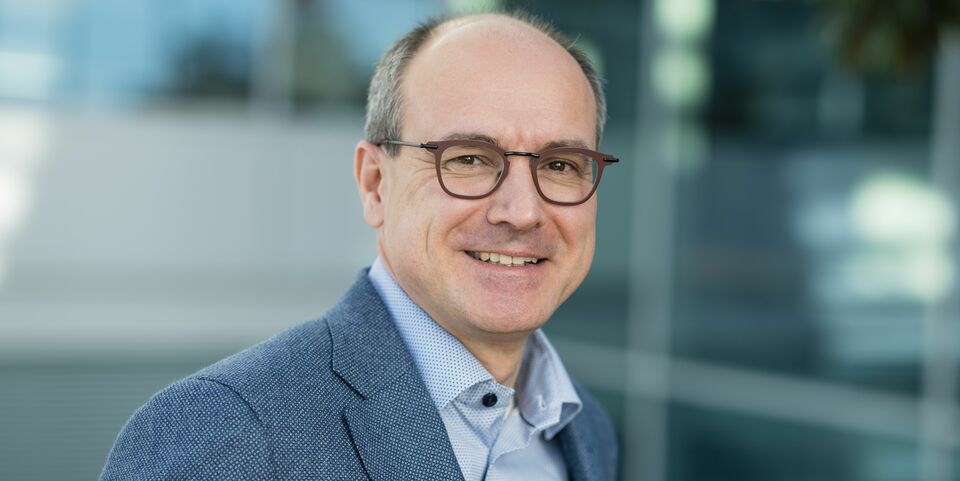It is with sorrow that chemist Bert Weckhuysen has watched the Dutch science landscape change. There is ever less scope for curiosity-driven research, says the Utrecht University professor and winner of the Spinoza Prize in 2013.
According to Weckhuysen, this is because thematic, strategic and applied research have between them eaten up the research funding. For science association KNAW, he and his committee members wrote an advisory paper on the balance in science funding.
He concludes that researchers have become increasingly dependent on the competition at research financier the Dutch Research Council (NWO). “We call this the projectification of science.” The universities now have too little money discretionary spending.
Moreover, curiosity-driven research at NWO now finds itself in a tight spot. Weckhuysen and his committee see just one solution: the government must redress the balance with additional funding.
What would be a sensible balance?
“We are arguing for two pillars of equal value at NWO: one for free, unhampered research based purely on curiosity, and a second for strategic and thematic research. Both pillars should receive equal funding.”
Why is the scope for curiosity-driven research so limited at NWO?
“It has been a gradual process that has gone unnoticed. In the past 10 to 15 years, strategic, fettered research has devoured the budget like some kind of Pac-Man. Currently, one-third of research funding is for curiosity-driven research, while two-thirds is for strategic research.”
Did no-one really see what was going on? Are there not always protests against these kinds of developments?
“Maybe we as scientists have sometimes been too compromising and also too accommodating with respect to the Top Sectors policy and the National Science Agenda, but that is not mentioned in our advisory paper. In our paper we focus on what needs to happen now: more money and a restoration of the balance.”
Is there a sharp divide between the two kinds of science?
“To be sure, strategic, society-driven research is not inferior! I myself was involved with a project together with the private sector that eventually resulted in a publication in Nature [a prestigious specialised journal; eds.]. We also say that both pillars have their value and the difference is indeed not always clear. But however you look at it, the division has become skewed. The balance is gone.”
You also want additional funding for the universities themselves.
“And that’s no luxury. We now have ‘naked’ researchers, who so to speak only have a desk and an office. There are even professors who no longer get their computers from the university and are forced to pay for them using acquired project funds. In the past year we have heard many poignant stories, not only from young researchers who work under pressure without permanent contracts, but also from researchers who have secured tenure.”
But will additional funds do anything to change the situation or will it only mean more scientists coming into the same squeaking and creaking system?
“The objective of the additional funding we are asking for is not to recruit more scientists. It is intended for the researchers we already have to help them carry out their tasks. That might mean something different for researchers in the exact sciences than for those in the humanities and social sciences. For example, researchers in the exact sciences would want one or two PhD candidates to conduct research, while researchers in the humanities often spend a lot of time teaching and simply need a bit more research time. We call this the rolling grants: money for funds at the universities themselves that researchers can access without having to deal with tough competition.”
Do you expect to have the ears of the political arena?
“For too long we have tried to resolve problems at no extra cost by transferring money from the universities to NWO and the other way round. But that’s doesn’t make the problems go away. I hope that this minister will take the first steps to turn the tide.”


Discussion